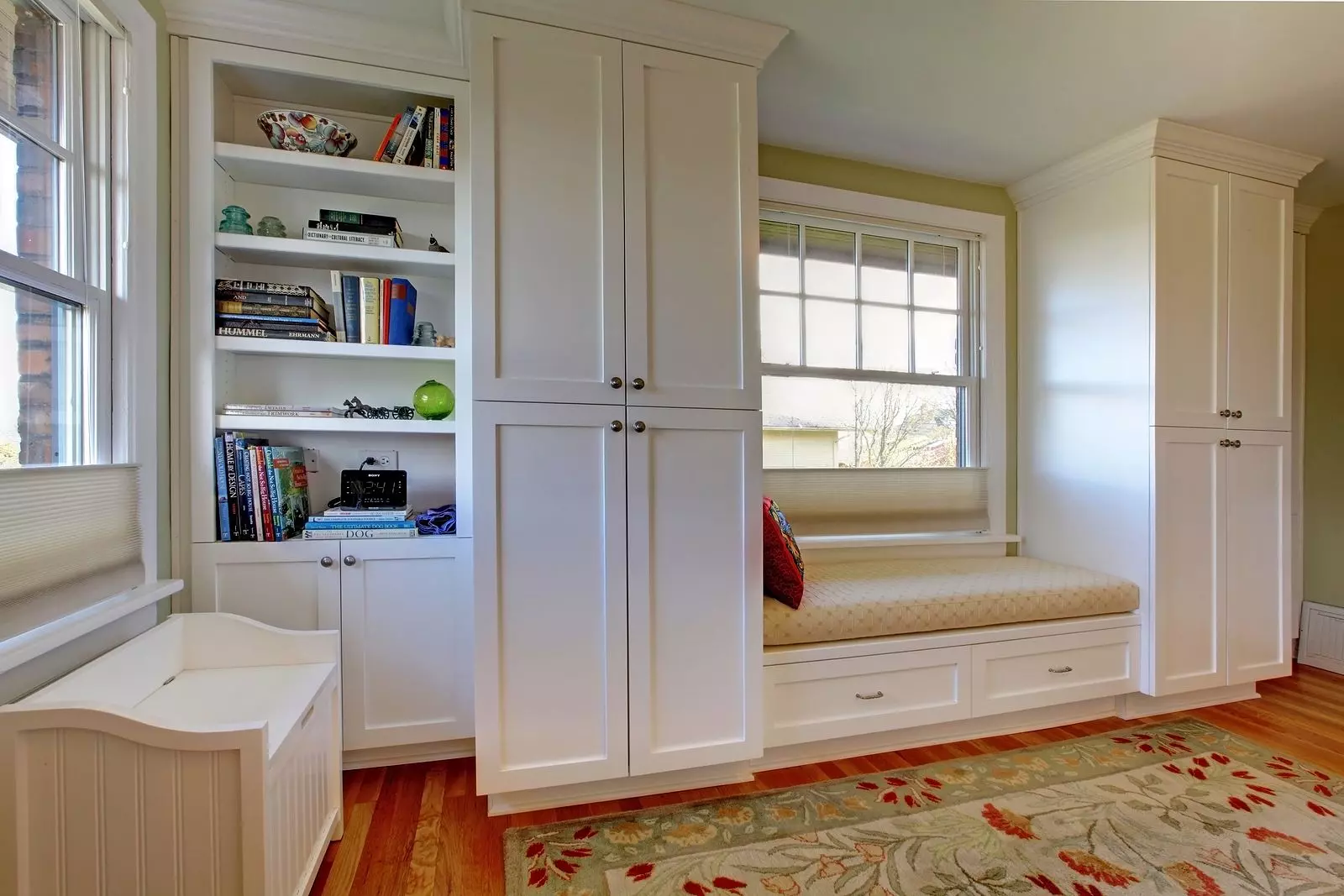Explore the advantages of live-in care, including personalized attention, the comfort of staying in a familiar environment, and the comprehensive support for daily activities and medical needs.
Why consider live-in care?
Live-in care offers the significant benefit of allowing your relative to remain in the familiar surroundings of their own home. This is made possible through the support of a dedicated live-in carer. Staying in their well-known surroundings can bring considerable contentment and relief to those requiring assistance, particularly for individuals dealing with conditions such as dementia.
Being in a familiar place, amongst cherished belongings, can greatly contribute to their sense of comfort and security. Live-in carers offer 24/7 support, providing immense reassurance to family members. It eases the worry of families, knowing that their loved ones are thoroughly cared for, no matter the time of day.
The presence of a live-in carer ensures that your relative has consistent companionship. This can be hugely beneficial in diminishing feelings of solitude and enhancing overall well-being.
Moreover, the carer can assist with everyday tasks, such as cooking and cleaning, further ensuring a comfortable and safe environment. Additionally, having a stable presence in the home can help to maintain a routine, a factor that is of extreme value, especially for those struggling with memory-related ailments.
In essence, considering live-in care is about ensuring the best possible quality of life for your loved one. It centres around the principle of keeping them happy, secure, and well taken care of in a place they know and love. It's an option that offers assurance, comfort, and a valuable sense of continued independence.
Assessing your loved one's needs
To decide whether live-in care is an appropriate provision for your loved one, their care needs must be assessed. This crucial evaluation should encompass health conditions, mobility capabilities, as well as unique, individual needs.
01
Mental and Physical Health Considerations
The primary step during this assessment process lies in an in-depth exploration of your loved one's health.
This involves examining their current and past medical history, knowing their daily routine of medication intake, supervision of their long-term conditions, and the necessity for routine medical checks.
This comprehensive health assessment is pivotal in determining the type and quantity of care your loved one might require daily.
02
Mobility and Movement Capabilities
Understanding the physical mobility of your loved one forms another significant component of the assessment. The impact of movement ability on daily activities should be considered as it can directly affect the quality of life.
This assessment involves understanding their capacity to freely move around their home environment. Tasks such as walking, handling household items, performing personal care activities, and more complex tasks like ascending or descending stairs need to be taken into account.
The analysis of your loved one's mobility capabilities helps in formulating a care plan that can cater to their mobility requirements.
03
Addressing Specific and Personal Needs
Beyond health and mobility, every person has a set of unique requirements that contribute to their lifestyle and well-being. These specific needs might be related to dietary arrangements, mental health assistance, or essential sleep patterns. Even associated hobbies and regular activities that contribute to the joy and happiness of your loved one are crucial details to consider.
Each of these aspects plays a significant role in shaping the appropriate care plan that effectively caters to their needs, thus creating a comfortable and content living experience. Hence, to truly gauge whether live-in care is the ideal option for your loved one, a thorough assessment of their overall health, mobility capabilities and unique individual needs is indisputably critical.

Comparing live-in care to alternatives
Considering the options of care for your loved one can feel overwhelming, yet it's paramount to find the right fit. A common dilemma is choosing between a care home or live-in care. While both options provide essential care services, there are distinct differences to think about.
Care homes can certainly provide a wide range of benefits. They offer professional care, the chance for social interaction, and structured routines. However, moving your loved one into a care home requires them to adapt to a new environment. This transition can provoke stress or anxiety.
Contrarily, live-in care allows your loved one to stay in the comfort of their own home. Here, they are surrounded by their personal belongings and familiar environment, which can reduce any feelings of distress. This type of care provides dedicated 24/7 assistance, the same as a care home would offer.
A key distinction between these care options lies in individual attention. Live-in care fosters a relationship between the carer and your loved one as the care delivered is one-to-one.
This ensures your loved one receives personalised attention and care tailored to their needs. In a care home, the ratio of staff to residents generally makes it tough to provide the same level of personalised attention. In conclusion, while both options have their benefits, the choice depends on the personal needs and comfort of your loved one.
Paying for live-in care
Paying for live-in care is an important aspect to consider when exploring care options for your loved one. The cost of this type of care can fluctuate depending on various factors and is often a prominent worry when this option is being considered.
Nevertheless, remember not to dismiss this possibility before you have thoroughly investigated the different sources of funding that may be accessible. Local authorities might provide funds that can aid in reducing the costs.
There may also be certain benefits to which your loved one might be entitled due to their healthcare needs or financial situation. It's advised to research these potential avenues of assistance fully to ensure you are accessing every possible support structure.
On the flip side, it is worthwhile noting that the cost of live-in care, when stacked against the cost of a care home, can often prove to be more cost-effective. This is principally due to the high level of personalised support provided through live-in care.
The one-to-one care and the tailored support plan not only ensure your loved one's needs are met but could also mean maximising your budget. To sum up, the cost of live-in care is a paramount consideration, but with thorough research into available funding, you may find that it is a more attainable and reasonable option than first imagined. It is important to weigh up all options, and funding sources and compare costs against benefits when deciding the best care route for your loved one.


Home suitability for live-in care
When considering home care, it is crucial to acknowledge that not all properties may be suitable for live-in care. This typically hinges upon the availability of sufficient space in which the carer can live comfortably and adequately fulfil their duties.
Ideally, your loved one's home should offer separate living quarters for the live-in carer, ensuring they have a private area in which to recharge when not attending to your loved one. Understandably, living with a full-time carer around-the-clock may feel like a significant lifestyle change at first.
Consequently, it's essential that the home environment provides a sense of ease, warmth, and comfort to both your loved one and the carer. Home suitability can indeed be subjective, hinging greatly on personal preferences, comfort levels, and the specific needs of the individual receiving care. Furthermore, implementing live-in care often involves a period of adjustment and may demand initial efforts in reorganising the home to accommodate a live-in carer.
Despite this initial investment, it promises to enhance the quality of life for everyone involved in the long run. To summarise, live-in care is an incredibly beneficial service which can provide unparalleled support and companionship for your loved one whilst enabling them to stay in their own home.
An essential part of engaging a live-in carer involves a considered assessment of your loved one's needs, a comparison of the possible alternatives, and the exploration of various funding options. These steps ensure the decision made is most beneficial for your loved one's wellbeing and comfort. Such an arrangement can significantly improve the quality of life for your loved one, allowing them to retain both their independence and familiar surroundings while receiving the constant care they need.
We offer specialist home care services and live-in care for vulnerable adults throughout London. Get in contact today if you have a loved one that would benefit from care at home.

